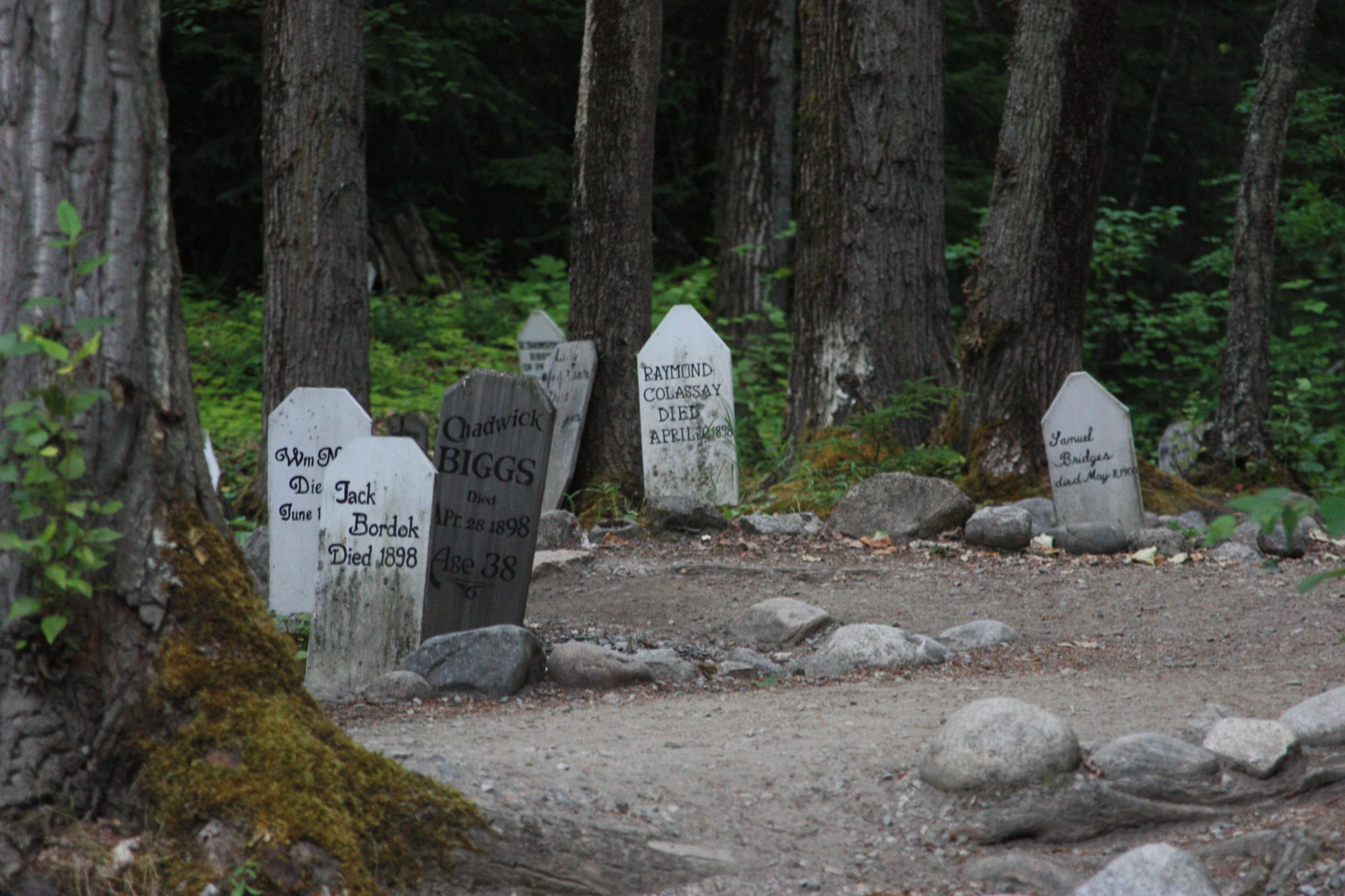In June of 1869, after retiring, Seward began his vacation to Alaska with a railroad trip across the country on the – then barely one-month-old – transcontinental railroad. He saw buffalo and Indian camps and visited Brigham Young in Salt Lake City. He then visited Sacramento and San Francisco.
Seward boarded the steamship “Active” as a guest of Ben Holladay (a California businessman) to visit the Chilkats up Lynn Canal. The ship visited Seattle and Victoria B.C. and then arrived in Sitka near the end of July. When they got to Klukwan or the port we now know as Haines, by coincidence, there was a U.S. government survey team also in the area to view a rare total eclipse of the sun. The party had timed its visit with the Chilkats to coincide with the eclipse. The Chilkats referred to tourists as “Boston Men” and assumed that Seward was the “Great Tyee” of the Boston Men. Obviously there had been men from Boston who had visited earlier but they were doing business presumably and were not casual tourists as the Seward party was in 1869.
When Seward returned to Washington D.C. he praised Alaska and said it was impossible to exaggerate Alaska’s physical treasures such as its rivers and its wildlife and noted that its untapped mineral and forest resources will make Alaska a “shipyard for the supply of all nations.” How prophetic!

